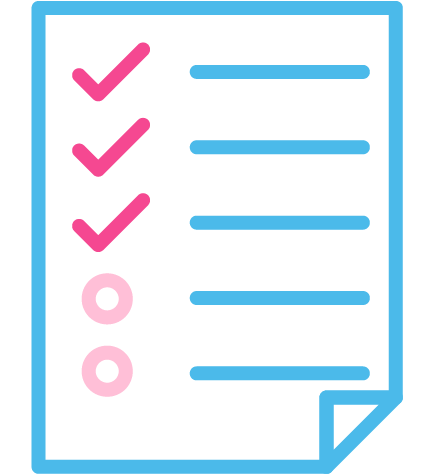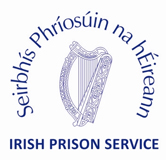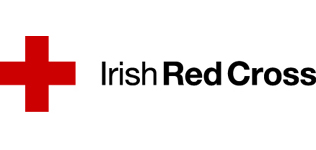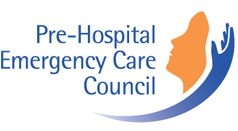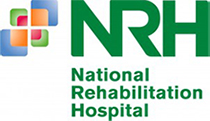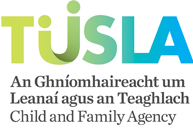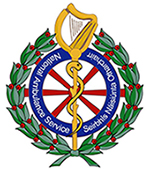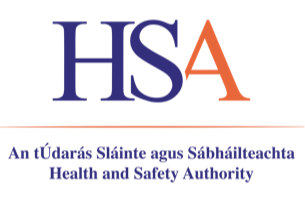Welcome to Work PositiveCI
Work PositiveCI is a FREE State and stakeholder supported psychosocial risk management process that helps organisations identify ways to improve employee wellbeing.
POSITIVELY SUPPORTING EMPLOYEE ENGAGEMENT AND WELLBEING
Image
Image

THE FOUR STAGES OF WORK POSITIVECI
The Work PositiveCI process is aligned with the Psychosocial Risk Management European Framework (Prima-EF). Work PositiveCI is the first psychosocial risk management process specific to critical incidents in Europe.
Prepare
Measure
Action Plan
Review
THE BENEFITS OF WORK POSITIVECI
Image

- Identify psychosocial risks including critical incident exposure
- Get actionable feedback
- Improve performance
- Supports legislative requirements
- Free and easy to use
- Confidential



